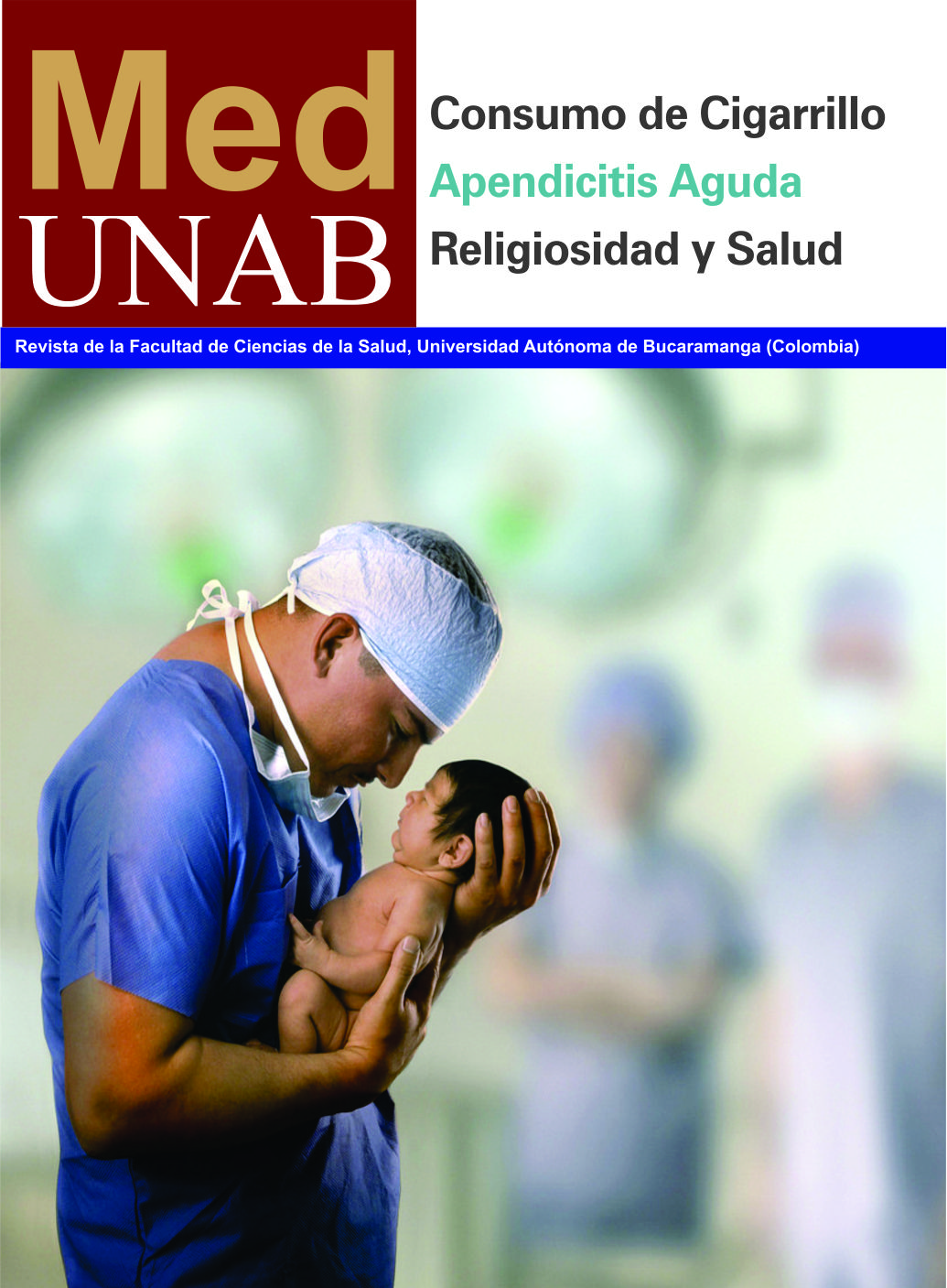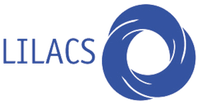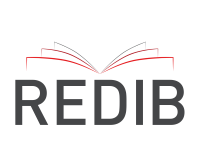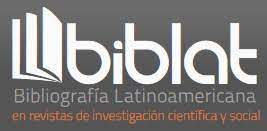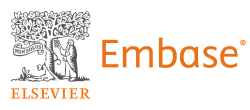Educación basada en el funcionamiento del cerebro
Resumen
Introducción: La educación basada en el cerebro es una disciplina que busca maximizar la capacidad de aprender –memoria, atención, entendimiento- a partir de los hallazgos neurocientíficos. Desarrollo: En el siguiente artículo buscamos exponer algunos de los conocimientos de neurociencias y aprendizaje y como estos tienen aplicabilidad en el aula de clase o en general en el proceso de aprendizaje que se va deteriorando con la edad. Conclusión: El dividir la clase en bloques, realizar animaciones para estimulación visual, despertar emociones o exponer primero los conceptos generales antes que los específicos han sido formas eficaces de mejorar el rendimiento de los estudiantes en el aula de clase. La adecuada alimentación, el ejercicio constante, el reforzamiento en la lectura o ejercicios de memoria son clave para estimular el cerebro y prevenir el deterioro cognitivo normal de el envejecimiento.
Referencias bibliográficas
Tileston, D. Ten best teaching practices: How brain research, learning styles andstandards define teaching competencies Thousand Oaks, California: Corwin Press (2.edición) 2005.
Zadina, J. N. Brain research-based effectives strategies to enhance learning and energize instruction. Paper presented at the meeting of the U.S. Department of Education Office of English Language Acquisition Summit Conference. U.S.A. 2004.
Tokuhama-Espinosa. Mind, Brain, and Education Science: A Comprehensive Guide to the New Brain-Based Teaching. W.W. Norton & Company; 1 edition. 2010.
Bruer, J. Education and the brain: A bridge too far. Educational Researcher, 26(8), 4–16.
Lucas B. Boost Your Brain Power Week by Week: 52 Techniques to Make You Smarter. Duncan Baird. 2006.
OECD/CERI International Conference. Understanding the Brain: the Birth of a Learning Science, “Learning in the 21st Century: Research, Innovation and Policy” 2008
Cotman CW, et al. Exercise builds brain health: key roles of growth factor cascades and inflammation. Trends Neurosci. 2007 Sept;30(9):464–472.
Hillman CH, et al. Be smart, exercise your heart: exercise effects on brain and cognition. Nat. Rev. Neurosci. 2008;9:58–65.
Golomb J, et al. Hippocampal formation size predicts declining memory performance in normal aging. Neurology. 1996;47:810–813
Weinstein AM. The association between aerobic fitness and executive function is mediated by prefrontal cortex volume. Brain Behav Immun. 2012 Jul;26(5):811-9.
Yaffe K, et al. A prospective study of physical activity and cognitive decline in elderly women: women who walk. Arch. Intern. Med. 2001;161:1703–1708.
Sibley BA, Etnier JL. The relationship between physical activity and cognition in children: a meta-analysis. Pediatric Exercise Science. 2003;15:243–256.
Hillman CH, et al. Acute cardiovascular exercise and executive control function. Int. J. Psychophysiol. 2003;48:307–314.
Winter B, et al. High impact running improves learning. Neurobiol. Learn. Mem. 2007;87:597–609.
Kubesch S, et al. A 30-Minute Physical Education Program Improves Students' Executive Attention.Mind Brain Educ. 2009. 3(4):235-242
Stranahan AM, Mattson MP. Impact of energy intake and expenditure on neuronal plasticity. Neuromolecular Med. 2008;10:209–218
Van Praag H. Exercise and the brain: something to chew on. Trends Neurosci. 2009 May; 32(5):283–290.
OECD/CERI International Conference. Understanding the Brain: the Birth of a Learning Science, “Learning in the 21st Century: Research, Innovation and Policy” 2008.
Bruer, JT. In search of:Brain-Based Education. Phi Delta Kappan, 1999; 80:646–657.
Bruer, JT. The myth of the first three years: A new understanding of early brain development and lifelong learning. New York: The Free Press. 1999.
Chugani, H. T., Phelps, M. E., &Mazziotta, J. C.. Positron emission tomography study of human brain functional development. Annals of Neurology. 1987; 22, 487–497.
Chugani, H. T. Critical period of brain development: Studies of cerebral glucose utilization with PET. Preventive Medicine. 1998; 27,184–188.
Alferink L, Farmer-Dougan V. Brain-(not) Based Education:Dangers of Misunderstanding and Misapplication of Neuroscience Research. Illinois State University Exceptionality 2010; 18:42–52.
Baird, A. A., Gruber, S. A., Fein, D. A., Maas, L. C., Steingard, R. J., Renshaw, P. F., Cohen, B. M., &Yurglun- Todd, D. A. Functional magnetic resonance imaging of facial affect recognition in children and adolescents. Journal of the American Academy of Child and Adolescent Psychiatry,1999;38:195–199.
Sowell, E. R., Thompson, P. M., & Holmes, C. J., Jernigan, T. L., & Toga, A. W. In vivo evidence for post-adolescent brain maturation in frontal and striatal regions. Nature Neuroscience, 1999;2:859–862
Tate, M. L. Worksheets don’t grow dendrites: 20 instructional strategies that engage the adult brain. Thousand Oaks, CA: Corwin Press. 2003.
Freeberg, L..Discovering biological psychology. Belmont, CA: Wadsworth Cengage Learning. 2006.
Garrett, B. Brain and behavior: An introduction to biological psychology, Second Edition. Los Angeles, CA:Sage Publications. 2008.
Restaino R.Gain Attention, Enhance Memory, and Improve Learning With Brain-Based Strategies. J Contin Educ Nurs. 2011;42(5):199-200.
Cattaneo L, Rizzolatti G. The mirror neuron system. Arch Neurol. 2009;66(5):557-60.
Meltzoff AN, Kuhl PK, Movellan J, Sejnowski TJ. Foundations for a new science of learning.Science. 2009 Jul 17;325(5938):284-8.
J.O. Cornelio-Nieto. Autismo infantil y neuronas en espejo. Rev Neurol 2009;48 (Supl 2):S27-9.
Gazzaniga, M. S., & Sperry, R. W. Language after section of the cerebral commissures. Brain, 1967;90,131–148.
Medina, J. Brain rules: 12 principles for surviving and thriving at work, home, and school. 2008.
Dukette. D, Cornish. D. The Essential 20: Twenty Components of an Excellent Health Care Team. Rose Dog Books. 2009 pp. 72–73. ISBN 1-4349-9555-0
Jensen, E. Brain-based learning: The new paradigm of teaching. Thousand Oaks, CA: Corwin Press. 2008.
Schacter, D. L. The seven sins of memory: How the mind forgets and remembers. New York, 2009.
Descargas
Derechos de autor 2022 MedUNAB

Esta obra está bajo una licencia internacional Creative Commons Atribución-NoComercial 4.0.
| Estadísticas de artículo | |
|---|---|
| Vistas de resúmenes | |
| Vistas de PDF | |
| Descargas de PDF | |
| Vistas de HTML | |
| Otras vistas | |


